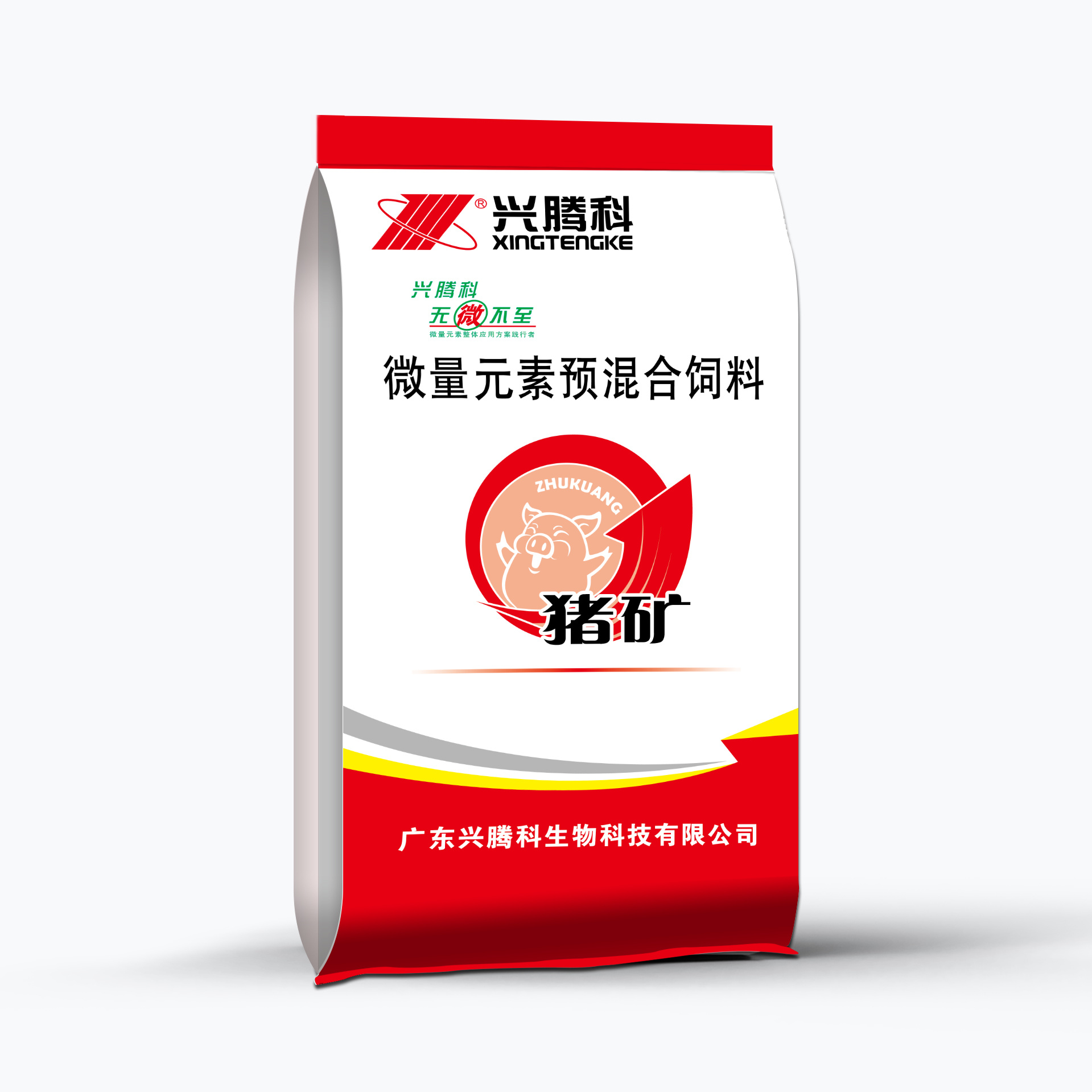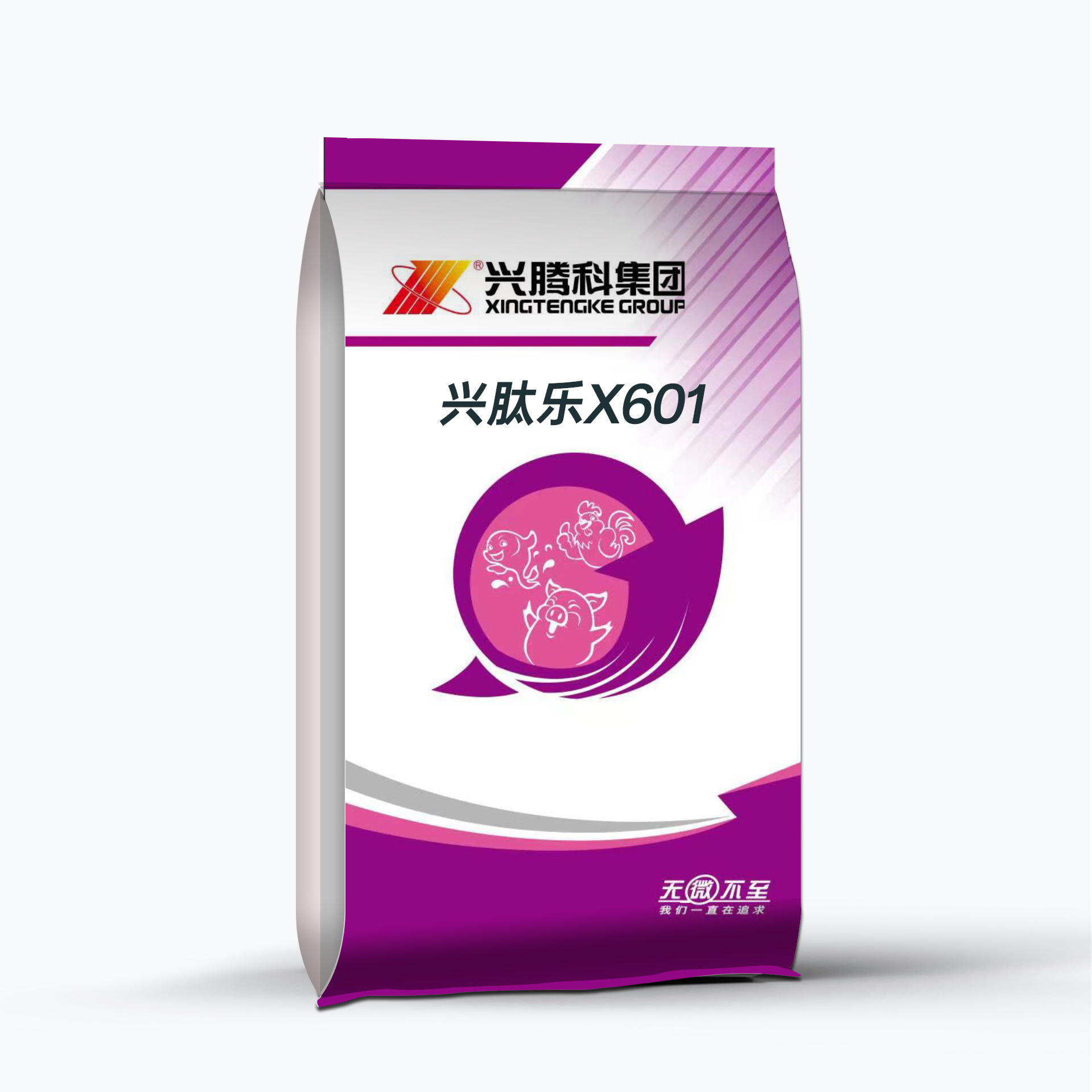Enhancing Pig Health with a Quality Mineral Premix: A Comprehensive Guide for Optimal Livestock Nutrition
Release time:
2025-07-23 09:14
Source:
Enhancing Pig Health with a Quality Mineral Premix
Table of Contents
- 1. Introduction to Pig Nutrition
- 2. The Importance of Minerals in Pig Health
- 3. Key Components of a Quality Mineral Premix
- 4. Benefits of Using Mineral Premixes for Pigs
- 5. Choosing the Right Mineral Premix
- 6. Application and Feeding Strategies for Mineral Premixes
- 7. Common Misconceptions About Mineral Premixes
- 8. Conclusion
- 9. FAQs
1. Introduction to Pig Nutrition
Ensuring the health of pigs starts with understanding their nutritional needs. Pigs are omnivores that require a balanced diet rich in proteins, carbohydrates, fats, vitamins, and minerals. Among these, minerals play a crucial role in various physiological functions, from growth to reproduction.
The quality of the mineral premix directly impacts the overall health and productivity of pigs. A well-formulated mineral premix can prevent deficiencies, promote optimal growth, and enhance reproductive performance, making it a vital aspect of modern swine husbandry.
2. The Importance of Minerals in Pig Health
Minerals are inorganic elements that serve essential functions in maintaining the physiological balance in pigs. They can be categorized into two main types: macro-minerals and micro-minerals.
Macro-Minerals
Macro-minerals include calcium, phosphorus, magnesium, sodium, potassium, sulfur, and chlorides. These minerals are required in larger quantities and are essential for:
- **Bone development:** Calcium and phosphorus are critical for the formation of strong bones and teeth.
- **Muscle function:** Magnesium plays a vital role in muscle contraction and relaxation.
- **Fluid balance:** Sodium and potassium regulate fluid balance and nerve impulses.
Micro-Minerals
Micro-minerals, or trace minerals, are needed in smaller amounts but are just as important. These include iron, copper, zinc, manganese, iodine, and selenium. Their functions include:
- **Immune system support:** Zinc and selenium are vital for a robust immune response.
- **Enzymatic reactions:** Trace minerals act as cofactors in numerous enzymatic reactions, promoting overall health.
Deficiencies in these minerals can lead to severe health issues, including poor growth rates, reproductive failures, and increased susceptibility to diseases.
3. Key Components of a Quality Mineral Premix
A quality mineral premix should contain a balanced combination of macro and micro-minerals tailored to the specific needs of pigs. The formulation may vary based on factors such as age, weight, reproductive status, and production goals.
Essential Ingredients
The following components are typically included in a high-quality mineral premix:
- **Calcium and Phosphorus:** To support bone health and metabolic functions.
- **Trace Minerals:** Zinc, copper, manganese, and selenium to enhance immune function and enzymatic processes.
- **Vitamins:** While not minerals, providing essential vitamins such as Vitamin E and Vitamin D can complement mineral absorption and overall health.
- **Acidifiers:** Even though not directly a mineral, acidifiers can improve mineral absorption in the gut, promoting better health outcomes.
Quality and Source of Ingredients
The source and quality of the ingredients included in the mineral premix are crucial. Look for reputable suppliers who ensure high purity and bioavailability of the minerals. This ensures that the animals receive the nutrients they need in an easily absorbable form.
4. Benefits of Using Mineral Premixes for Pigs
Utilizing a quality mineral premix offers several advantages that contribute to the overall health and productivity of pigs.
Enhanced Growth Rates
Mineral premixes provide essential nutrients that support rapid growth and development, leading to better feed conversion ratios and increased meat yield.
Improved Reproductive Performance
Mineral balance is critical for successful reproduction in pigs. Adequate mineral intake supports proper hormonal function and embryo development, reducing the risk of reproductive issues.
Stronger Immune System
A well-formulated mineral premix enhances the immune response of pigs, protecting them against infections and diseases. Pigs with strong immune systems are less reliant on antibiotics, promoting overall herd health.
Reduced Stress Levels
Mineral supplementation can mitigate stress responses in pigs, especially during critical periods such as weaning or transportation. Lower stress levels contribute to better health and performance.
5. Choosing the Right Mineral Premix
Selecting the appropriate mineral premix is essential for maximizing the health and productivity of pigs. Here are key considerations to guide your choice:
Assessing Nutritional Needs
Conduct a nutritional analysis based on the specific needs of your herd. Factors such as breed, age, and production goals should influence your selection.
Quality Assurance
Choose a premix from reputable manufacturers that adhere to strict quality control measures. This ensures the minerals are bioavailable and effective.
Customization
Where possible, opt for customized mineral premixes tailored to your herd's unique requirements. Customized solutions can address specific deficiencies and enhance overall effectiveness.
6. Application and Feeding Strategies for Mineral Premixes
To maximize the benefits of mineral premixes, proper application and feeding strategies are crucial.
Incorporation into Feed
Mineral premixes can be incorporated into the feed at specific inclusion rates. Ensure that the premix is evenly distributed throughout the feed to provide uniform access to nutrients.
Monitoring and Adjustments
Continuously monitor the health and performance of your pigs and adjust mineral supplementation as needed. Regular assessments help identify any deficiencies or excesses in nutrient intake.
7. Common Misconceptions About Mineral Premixes
Despite their importance, several misconceptions surround mineral premixes that can lead to suboptimal usage.
Myth: All Mineral Premixes are the Same
Not all mineral premixes are created equal. Quality, formulation, and ingredient sources vary significantly, affecting their effectiveness.
Myth: Minerals Aren't Necessary if the Diet is Balanced
Even with a balanced diet, mineral deficiencies can arise due to various factors, including soil quality and feed processing. Supplementation ensures pigs receive all necessary nutrients.
8. Conclusion
In summary, enhancing pig health through a quality mineral premix is a fundamental aspect of modern swine management. By understanding the importance of minerals and selecting the right premix tailored to your herd's needs, you can significantly improve growth rates, reproductive performance, and overall health. Investing in quality mineral supplementation not only benefits individual pigs but also contributes to the success of your entire operation.
9. FAQs
What is a mineral premix for pigs?
A mineral premix is a formulated blend of essential minerals and vitamins designed to supplement the diet of pigs, ensuring they receive adequate nutrients for optimal health and productivity.
How often should I provide mineral premix to my pigs?
Mineral premix should be offered daily as part of a balanced diet. Ensure consistent access to allow pigs to meet their nutrient requirements.
Can I make my own mineral premix?
While it is possible to create your own mineral premix, it is advisable to consult a nutritionist to ensure proper balance and formulation based on your pigs' specific needs.
What are the signs of mineral deficiency in pigs?
Signs of mineral deficiency can include poor growth rates, weak bones, reproductive issues, and increased susceptibility to diseases. Regularly monitor your pigs and consult a veterinarian if deficiencies are suspected.
How can I ensure the quality of the mineral premix I choose?
Look for premixes from reputable suppliers, check for quality certifications, and, if possible, request nutritional analysis to confirm the supplement's effectiveness and purity.
mineral premix for pigs









